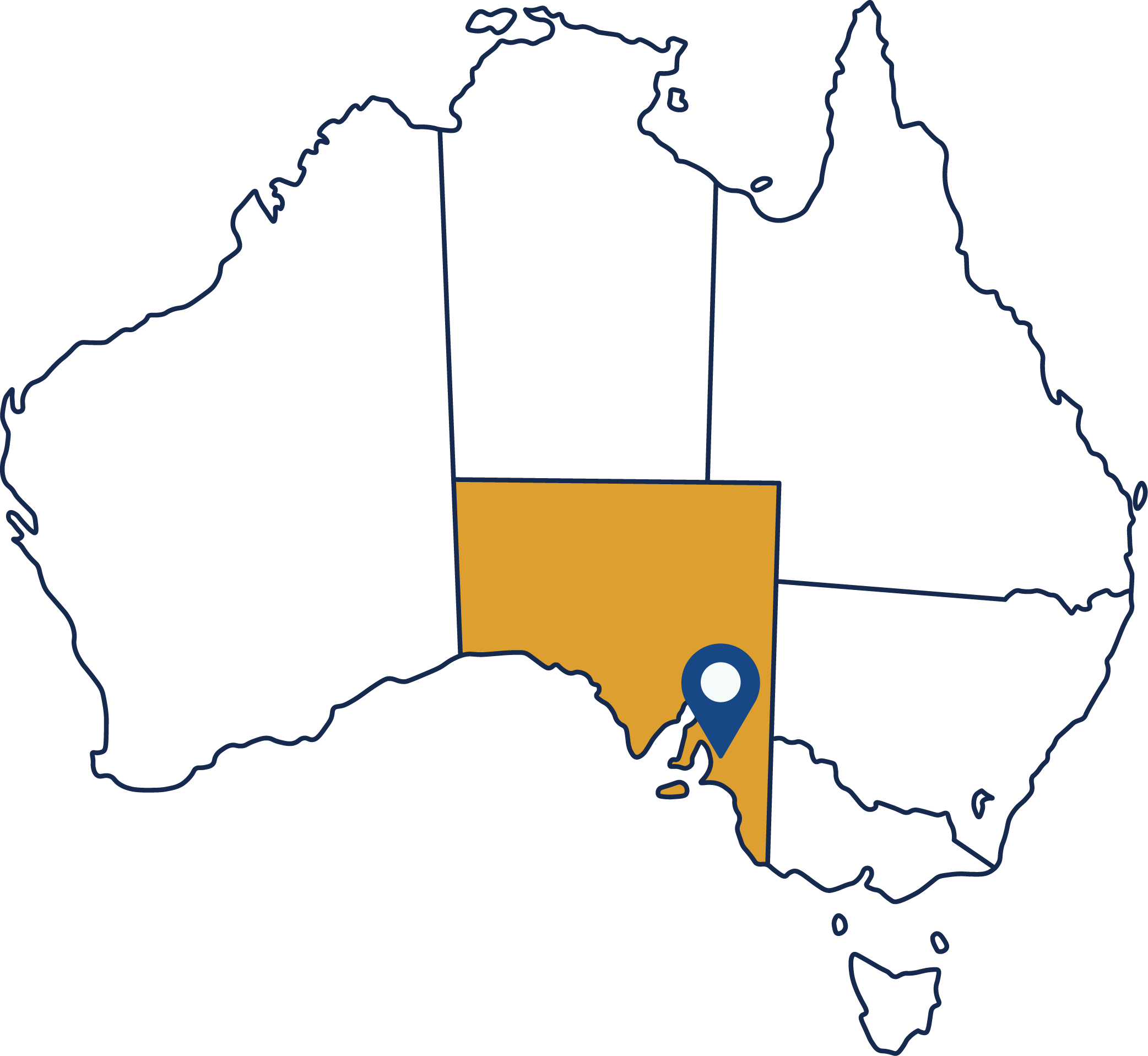29 Nov 2024
Adelaide
Judicial Officers
Family Violence in the Court, 29 November 2024
This is a specialty program, run by an experienced and dedicated program committee of District Court, Magistrates Court and Family Court of Australia judicial officers.
Why you should attend this program?
The Australian community and judiciary are still on the path to understanding the prevalence of domestic and family violence. But the social context cadence has accelerated and our judicial footprint matters. This intensive program will enable judicial officers and tribunal members to build their competence in addressing and managing coercive and violent behaviour in the court room.
What will you learn at this program?
At the end of the program, participants will be able to:
- Know how to access the National Domestic and Family Violence Bench Book (the NDVFVBB), articulate its purpose, apply one of the topics in the NDVFVBB to an example from their own professional experience.
- Define for themselves, coercive control and identify specific examples (including dowry abuse) of how it may be exerted in a domestic setting.
- Identify potential symptoms, indicative of risk factors, of coercive control in a court setting.
- Identify and apply their judicial voice and narrative to address domestic and family violence, including coercive control, in the courtroom;
- Identify and avoid invitations to collude with an identified perpetrator, whether that be a verbal or a situation invitation;
- Engage in the use of language that focusses the perpetrator on their use of violence as a choice;
- Apply an invitational narrative approach to maintain the focus on the perpetrator’s accountability to others;
- Use language to bring the perpetrator back to their choices and behaviour when the invite collusion;
- Exercise awareness in using judicial narrative to diminish the victim’s experience in any way or place negative values on the victim’s choices or responses; and
- Be aware of making statements that the perpetrator will easily interpreted as supportive of the perpetrators actions or inaction.
- Exemplify how family violence may play out in more than one court setting.
- Identify and apply strategies necessary to overcome unconscious bias.
- Evaluate how best to prepare for a hearing involving family violence, how to get the best outcomes?
- Have a theoretical (knowledge, legislation) and practical understanding (what to do) and an associated sense of resolution concerning issues/work practice that may have provoked a sense of disquiet.
- Appreciate the intra-personal and extra-personal tools to maintain judicial self-care.
How will these skills help your court?
Along with the social context components of this program, skills such as using judicial narrative and voice to apply an invitational narrative approach to maintain the focus on the perpetrators accountability to others and to how avoid invitations to collude with an identified perpetrator are explored. The program also unpacks the efficient use of the NDVFVBB to maximise judicial productivity.
Program inclusions
Registration is free. Travel and accommodation is not included.

Meet your Program Planning Committee






Testimonials

“Across all sessions: The expertise and capacity of the presenters to convey the learnings from the various sessionswas of a very high standard”

“Presenter did a beautiful job of role modelling vulnerability and candour while also demonstrating skill to effectively deliver the message.”

